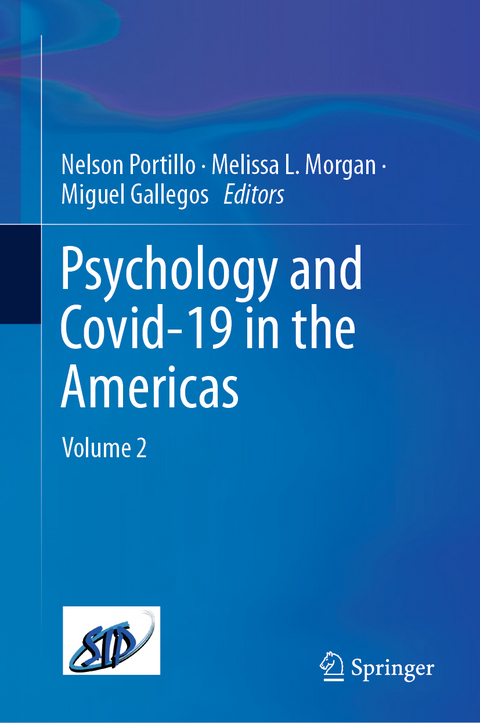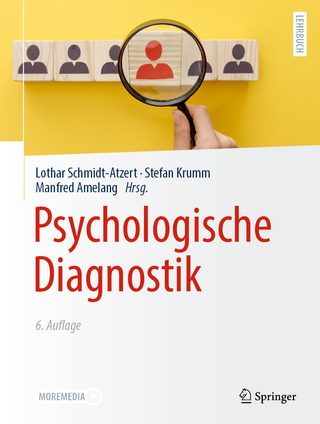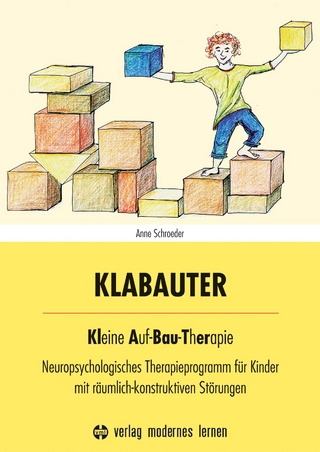
Psychology and Covid-19 in the Americas
Springer International Publishing (Verlag)
978-3-031-38626-8 (ISBN)
This book is the second of two volumes that bring together the works presented at the congress "Contributions of Psychology to COVID-19", organized by the Interamerican Society of Psychology in 2020. This was one of the first virtual international meetings on psychology and COVID-19 in the world and brought together researchers and professionals from South, Central and North America in a single online event.
The content of both volumes includes many of the first issues addressed by researchers, scholars, and practitioners across the Americas at the start of the pandemic - before vaccines, before knowledge of treatment and impact, before our worlds and daily lives were forever changed. Chapters in the first volume focus on the impacts of the pandemic in mental health, social and family dynamics, educational processes and the work of health professionals. Chapters in the second volume are dedicated to studies addressing the impacts of the pandemic in vulnerable populations; proposals of psychological interventions to deal with the distress caused by COVID-19; strategies of coping, resilience and adaptation; and the development of psychological instruments of measurement and assessments during the pandemic.
The content of these two volumes marks a baseline for the collective work initiated by psychologists who came together to answer the call to combat the pandemic across the Americas. In that sense, both volumes are truly a "snapshot in time" that could help us assess in the future how much progress we have made to apply psychology to the pressing demands of our time.
lt;p>Nelson Portillo is the Interamerican Society of Psychology's Vice-President for North America and Assistant Professor at the Lynch School of Education and Human Development, Boston College, MA, USA.
Melissa Morgan is the Interamerican Society of Psychology's Executive Secretary for North America and Professor at the Gevirtz Graduate School of Education, University of California Santa Barbara, CA, USA.
Miguel Gallegos is the Interamerican Society of Psychology's Vice-President for South America and a researcher at the Rosario Institute for Research in Educational Sciences, National Council for Scientific and Technological Research (IRICE-CONICET), Rosario, Argentina.
PART I. VULNERABLE POPULATIONS.- 1.Social and physical isolation in Mexican LGB people: Correlates and differences.- 2.Lesbian, gay, bisexual, transgender and queer populations facing the pandemic: Challenges and responses from an affirmative psychology.- 3.The impact of the COVID-19 pandemic on street vendors in the cities of Canoas and Porto Alegre, Brazil.- 4.Mental health and prison system in the context of COVID-19: Comprehensive analysis of the Peruvian case.- 5.COVID-19, racial injustice, and Latinx student wellbeing in the U.S.A.: Fostering resilience during chronic stress.- 6.Adolescents in quarantine: Problematic Internet use, coping, and vulnerability conditions in Jujuy, Argentina.- 7.Cuban children in quarantine: Their life experiences through pictorial representations.- 8.Psychological impact of social isolation in older adults during the COVID-19 pandemic in Los Palacios, Cuba.- 9.Perception of health and well-being due to the COVID-19 pandemic in Colombian children and adolescents.- 10.Perceptions of young Cubans in times of pandemic.- 11.Isolation and distancing in refugee camps under COVID-19: A thematic analysis.- PART II. PROPOSALS AND INTERVENTIONS.- 12.Program Hero: A virtual intervention program to promote positive emotions and prosociality in Argentine adolescents during times of social isolation due to COVID-19.- 13.Soy CO-BYD: Proposal for an app to cope with the emotional impact of confinement during the COVID-19 pandemic in Mexico.- 14.Psychological intervention during the COVID-19 pandemic: Analysis of a therapeutic action.- 15.Experiences of online therapy in Mexican family therapists during the COVID-19 contingency.- 16.Using mindfulness meditation to treat adolescent anxiety due to the COVID-19 epidemic.- 17.Campaign to raise awareness and strengthen psychology professionals in the Americas for a comprehensive approach to gender-based violence in the context of COVID-19: Lives Free of Violence.- 18.Addressing mental health needs in times of crisis: The work of Fundación Aiglé in Argentina.- 19.Psychological debriefing, remembrance, and farewell in COVID-19 victims in Peru.- 20.Psychoeducational practices: Self-awareness and empowerment during the COVID-19 pandemic among Brazilian college students.- 21.Psychosocial support line, a useful tool in the face of the COVID-19 pandemic in Cuba.- 22.Stressors and coping strategies for COVID-19 in the young Cuban population.- PART III. COPING, RESILIENCE, AND ADAPTATION.- 23.Academic resilience during the time of COVID-19: Higher education experiences from Argentina and the U.S.A.- 24.Social skills: How to improve interpersonal relationships during the pandemic?.- 25.Emotional management of caregiving and self-care in Mexican university students in health sciences during times of COVID-19.- 26.New ways to develop social and emotional skills with Brazilian paralympic athletes during the pandemic.- 27.Coping and learning in Mexican population during the "Healthy Distance" period caused by COVID-19.- 28.Interactions and uses in online games during the COVID-19 pandemic context.- PART IV. MEASUREMENT AND ASSESSMENT.- 29.The cultural adaptation of Acceptance and Commitment Therapy (ACT) for Spanish-speaking Latino caregivers of children with autism during the COVID-19 pandemic.- 30.Psychometric properties of the Instructional Satisfaction Questionnaire in emergency face-to-face and remote teaching settings.- 31.Teleneuropsychology: Neuropsychological assessment during the COVID-19 pandemic.- 32.Socio-demographic antecedents, fear and obsession of COVID-19 as predictors of mental health in Peruvian police and military forces.- 33.Socialization traits and behavioral attitudes during the period of social distancing due to COVID-19 in Brazil.- 34.Factors influencing the worsening psychological distress of Argentine health care personnel throughout the COVID-19 pandemic.- 35.Artificial neural network for the prediction of depression derived from COVID-19 among Colombian college students.- 36.Psychological effects of COVID-19 and coping styles in Hispanic-American health care personnel.- 37.Risk perception and prevention of COVID-19 infection among Mexico City residents: A Structural Equation Model analysis.- 38.Effects of the COVID-19 pandemic on suicidal ideations: A comparative analysis in a Peruvian sample.- 39.COVID-19 pandemic stress and depression in the Argentine population relating to occupational factors.- 40.Behaviors and preventive variables of COVID-19 transmission in a Colombian sample.- 41.COVID-19 and child development in Colombia: A study based on the Tower of Hanoi.
| Erscheinungsdatum | 11.11.2023 |
|---|---|
| Zusatzinfo | XIII, 386 p. 51 illus., 39 illus. in color. |
| Verlagsort | Cham |
| Sprache | englisch |
| Maße | 155 x 235 mm |
| Gewicht | 757 g |
| Themenwelt | Geisteswissenschaften ► Psychologie |
| Schlagworte | Americas • Coronavirus • COVID19 • Interamerican Society of Psychology • Pandemic • psychological effects • SARS-CoV-2 • SIP • Sociedad Interamericana de Psicología |
| ISBN-10 | 3-031-38626-4 / 3031386264 |
| ISBN-13 | 978-3-031-38626-8 / 9783031386268 |
| Zustand | Neuware |
| Haben Sie eine Frage zum Produkt? |
aus dem Bereich


